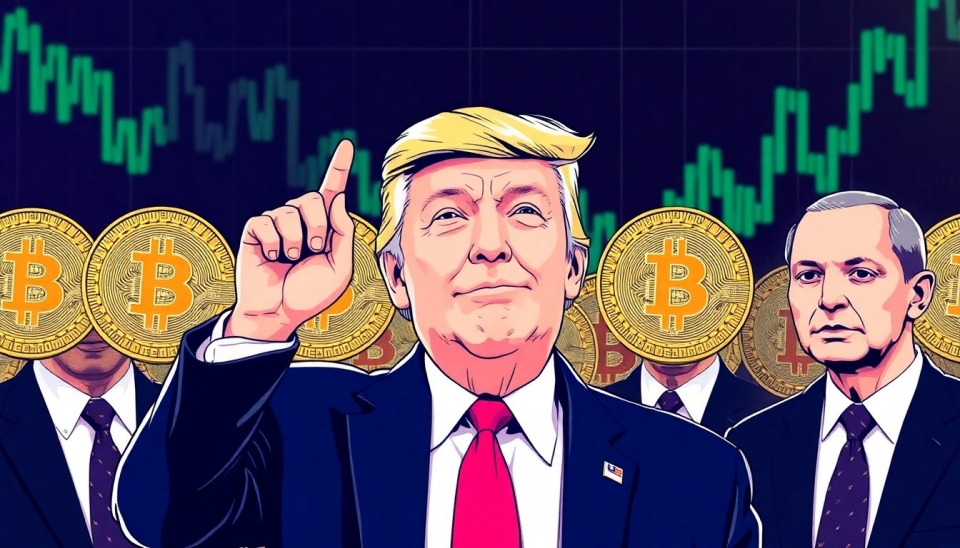
In a groundbreaking legal decision, a judge has mandated that a Bitcoin investor must surrender the access codes to their cryptocurrency wallet, which holds an astounding $124 million worth of Bitcoin. This ruling marks a significant development in the realm of digital currency ownership and raises questions about privacy, asset protection, and the intricacies of cryptocurrency law.
The case revolves around an investor who has been embroiled in a controversial legal battle concerning the rightful ownership of this substantial digital asset. According to court records, the individual, who has not been publicly named, possesses Bitcoin stored in a wallet that has become the center of a dispute following a failed investment agreement. The judge, in a recent ruling, stated that the access codes to the wallet must be disclosed to the court to facilitate an investigation into the legitimacy of the claims being made by the opposing party.
This ruling highlights a crucial aspect of digital currency – the dependence on access codes that are inherently kept private and secure by their owners. Critics argue that forcing an individual to disclose such sensitive information raises serious concerns about personal privacy and the rights of cryptographic currency holders. The legal implications of this order could potentially set a precedent for future cases involving cryptocurrency and could affect how investors choose to secure and manage their digital assets moving forward.
Legal experts note that this case underscores the ongoing tension between gaining access to assets in legal disputes and maintaining the confidentiality that is pivotal in the cryptocurrency space. As more people begin to invest in digital currencies, the legal system is rapidly adapting to these new types of assets, creating a unique intersection of technology and law that has yet to be fully defined.
Many in the cryptocurrency community are concerned that this ruling may deter potential investors due to fears that their privacy could be compromised through legal challenges. The court’s decision has sparked heated debates among Bitcoin enthusiasts and advocates for digital currency rights, raising concerns over regulatory overreach in a space that has traditionally been characterized by its decentralized nature and user anonymity.
This case is not only a significant moment for the involved parties but also emblematic of larger issues facing the cryptocurrency market. As more individuals dive into the world of Bitcoin and other cryptocurrencies, the legal ramifications of ownership, security, and access will be critical focal points that need addressing by lawmakers and the judiciary alike.
In conclusion, the ruling demanding that the Bitcoin investor reveal their wallet access codes represents a pivotal moment in the convergence of law and digital finance. As the cryptocurrency landscape continues to evolve, the implications of such legal decisions will undoubtedly shape the future of how digital investments are perceived and protected in courts across the globe.
For those following the unfolding narrative of cryptocurrency and its intersection with the law, this development serves as a crucial reminder of the ongoing evolution of digital assets and the importance of having robust protections for investors in the face of potential legal challenges.
#Bitcoin #Cryptocurrency #LegalRuling #DigitalAssets #Blockchain #BitcoinInvestor #PrivacyConcerns #Finance
Author: Liam Carter




